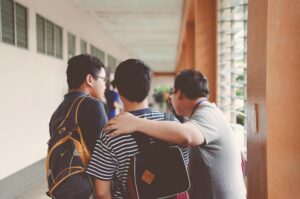The EduNUT project, funded by the European Union, addresses the pressing issue of climate change through the lens of sustainable food systems education. With food systems contributing significantly to greenhouse gas emissions, the project focuses on equipping educators and students with the necessary knowledge and skills to drive transformation towards sustainability.
The project’s objectives include:
1. Equipping teachers with competence in Food Literacy education.
2. Expanding training on future literacy and up-to-date Food Literacy in secondary education.
3. Helping students develop future literacy and Systems Thinking skills through innovative curriculum and educational games.
The report, focused on the project’s second phase (WP2), highlights the collection of Good Practices and Case Studies across five European countries: Estonia, Greece, Iceland, Italy, and Poland.
Collection of Good Practices:
46 Good Practices were gathered, emphasizing innovation, interdisciplinary approaches, and involvement with local communities. Estonia led with 12 practices, followed by Greece, Iceland, and Italy. These practices serve as educational models for promoting sustainable food systems.
Collection of Case Studies:
Eight Case Studies were conducted to showcase educational potential and innovation. These studies involved interviews with diverse stakeholders, including teachers and students, across the project partner countries. The interviews provided insights and informed a SWOT analysis for each Case Study, aiding in decision-making and strategy development for sustainability.
The report aims to inspire teachers and stakeholders, highlighting successful educational projects promoting sustainable food systems. By disseminating these findings, the project hopes to foster wider adoption of effective practices and empower educators and students to drive positive change in food systems and climate resilience.
—
This article covers the key points of the report, emphasizing the project’s objectives, the collection of Good Practices and Case Studies, and the potential impact on education for sustainable food systems. If you want to read the full report, you can download it here!







